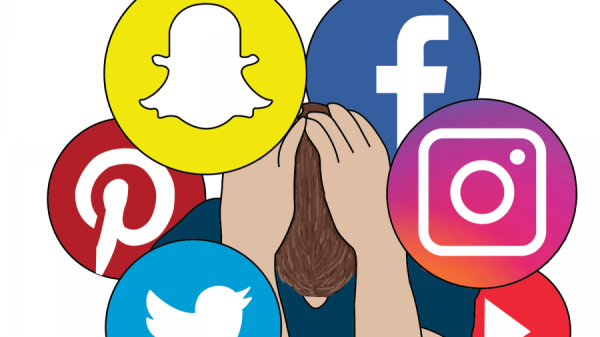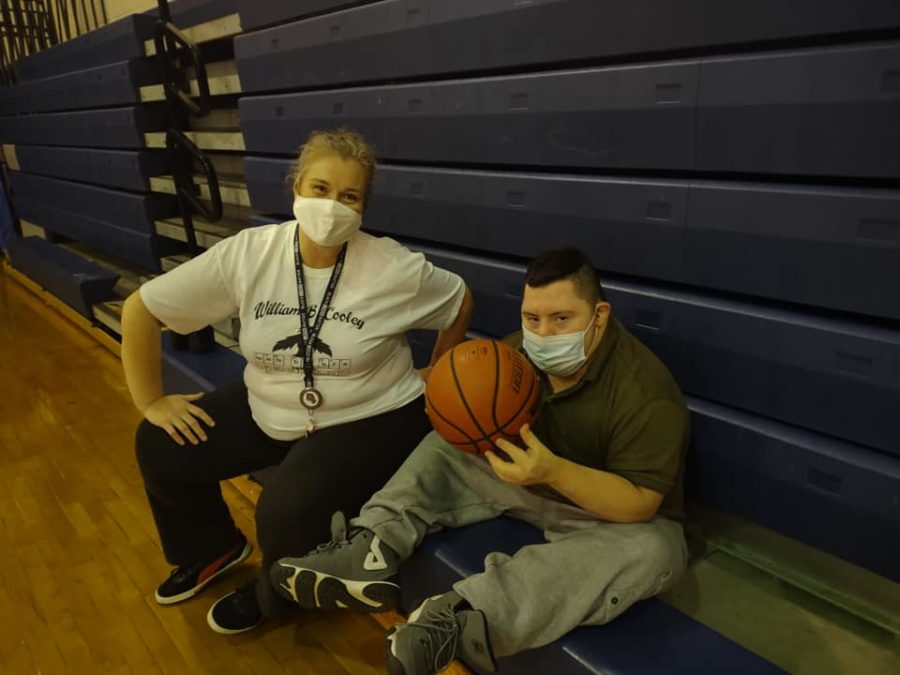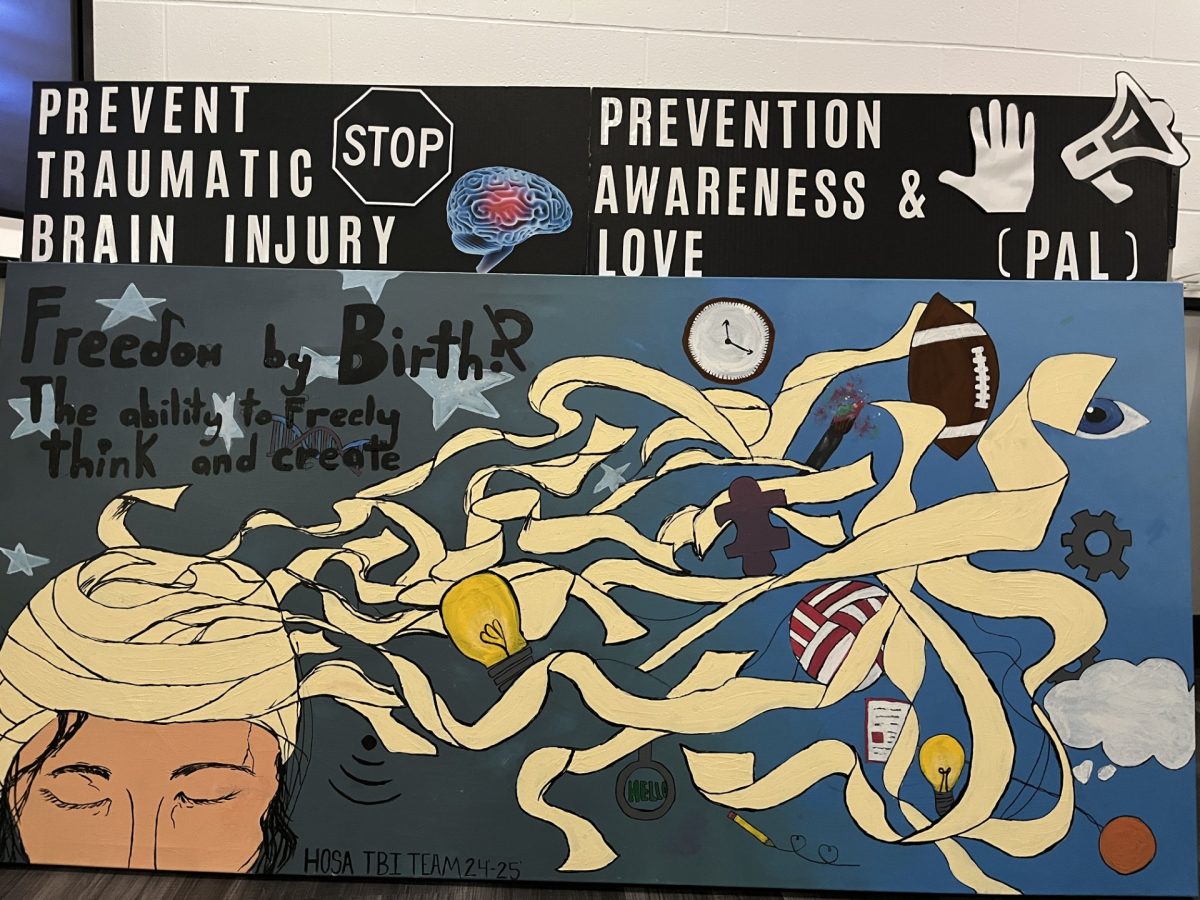Here at JSEC we used the internet for a good portion of the day. Phones, labtops, tablets, I-Pads, personal computers, and even our smart watches. The internet is everywhere and while we embrace it we also need to be careful and not underestimate the power and control it may have on us. Being aware is half the battle and how we use it is important. It is also important to recognize that misusing it can lead to many problems, including personal issues to financial issues which can effect our overall health.

The internet is affecting children’s lives, and no one is talking about it. It’s simply normalizing the use of unnecessary devices in their bedrooms, disrupting their schedules, and allowing them to see everything on the internet (inappropriate content, cyberbullying, and online predators). This can lead them to make bad decisions because they don’t distinguish between right and wrong. Over time, they become accustomed to their phone, tablet, or computer, turning it into an addiction, and they begin to act aggressively toward anyone who takes the device away. Parents are often frustrated or don’t know what to do when their child stops behaving like a child. Children don’t know what they’re losing when they choose to stay in front of a screen; that’s why parents aren’t supposed to give them a device, as it slowly turns from entertainment into an addiction. By the time they realize it, the child has already lost all of their childhood and the desire to play outdoors with other children, becomes antisocial and aggressive, or their mind has become that of an adult in a child’s body.

One of the reasons the internet affects children is because it affects their mental health. Children who frequently use an internet-connected device become addicted, which makes them aggressive when someone tries to take it away from them. “Dopamine is the hormone responsible for driving and reinforcing habits. Stimuli produced by screens can activate the dopamine reward system in the brain, creating a dopamine feedback loop similar to that found in the brains of nicotine or cocaine users.” (Azaret, Marisa. “Safe & Sound Blog – The Digital Safety Alliance.”). This evidence suggests that a child with an internet-connected device is exposed to the same level of addiction as vaping or drug use. When someone is addicted to a drug, they cannot control themselves and only worry about their addiction. Another reason the internet affects children is that they don’t get enough sleep at night, which tires them out. In addition to everything they’re exposed to with a device with unlimited internet access, the internet isn’t a place children can access whenever they want. “It’s well known that using an electronic device at night can reduce sleep time. I mean, how many times do you have to tell your child to put away their phone and go to bed? A recent study shows that the mere presence of these devices in the bedroom could also affect the quality and quantity of children’s sleep. Children need sleep, and parents often don’t realize how much they need. It’s an undervalued, but important, part of their development, and not sleeping well can cause various health problems, especially behavioral issues.” (Dr. Cindy Gellner, Pediatrician) This demonstrates how a child-focused professional is concerned about the way parents allow their children to use their devices at night without supervision or restrictions, regardless of whether they know this can cause problems for their children’s brain development. But why is the Internet a place that children cannot use freely?.
The internet is not a place for innocent minds and hearts. The internet has unlimited access, and people are exposed to all the comments others have about them (cyberbullying). In children and adolescents, this can cause depression and anxiety, as being online and forgetting about real life makes them more concerned about negative opinions about themselves online. “Cyberbullying is a pattern of intentionally harmful behavior that targets an individual and uses technology to repeatedly harass, threaten, or humiliate them. It usually affects children and, like many other adverse childhood experiences, can cause traumatic symptoms that, if left untreated, can contribute to physical and mental health problems later in life. In short, it’s not just teasing” (National Children’s Alliance). This evidence demonstrates how national alliances are aware of what happens to children and try to warn parents with these types of articles so they don’t allow this to happen in their homes. Many children have died from cyberbullying or have attempted suicide and injured themselves. The Internet is also not a safe place because of the possibility of online predators. “The Internet is much more anonymous than the real world. People can hide their identities or even pretend to be someone they’re not. This can sometimes present a real danger to children and teens who are online. Online predators may try to lure kids and teens into sexual conversations or even face-to-face meetings. Predators will sometimes send obscene material or request that kids send pictures of themselves. Therefore, it’s important to teach your kids to be on their guard whenever they’re online.” (“Internet Safety for Kids: Staying Safe from Online Predators.”).The fact that children and young people are so exposed to these types of people and are so easily persuaded because they can be successfully manipulated can be prevented with parental supervision. But what should a 6-year-old girl do with a phone? There are many predators who will take advantage of this interaction and show no mercy.
Parents are responsible for what their children do. Preventing children from becoming addicted and irresponsible with their phones is their responsibility. Tips to reduce screen time: The American Academy of Pediatrics recommends having a family media plan that defines when phones can and cannot be used, Initiate screen-free times before bedtime to ensure children get enough sleep, Parents could consider banning screens from the bedroom and turning off devices and notifications at night, Establish screen-free times for dinner and social gatherings to promote conversation and socialization, Parents should regularly discuss screen use with their children and look for opportunities for them to put away their phones and engage in screen-free activities with their friends, Parents should work with the parents of their children’s friends to establish similar rules about social media and screen use to facilitate their implementation, Parents should adhere to the family media plan and model good cell phone practices. First and foremost, parents shouldn’t give their children a device, but if they do, they should know how to control their addictive impulses and prevent them from getting so carried away that they lose their way. This evidence demonstrates how parental recklessness can be prevented. Parents pay more attention to their phones than their children, so their children become addicted to them because they see the same thing in their parents. Nearly half of American parents who take their children to parks spend much of the time looking at their cell phones instead of observing what they are doing, according to a new study. Forty-four percent of parents find it difficult to pay attention to their children and, although they feel guilty, find it very difficult to live up to the ideal: focusing on them, according to a University of Washington (UW) study. Parents should stop using their phones and spend quality time with their children. This evidence shows that even if they feel guilty, they cannot stop this behavior because, like children, they are already addicted to using a device with internet access.
The internet is affecting children’s lives because it interferes with their basic needs. Their emotions are transformed, and they stop behaving like children. Children can become addicted to their phones, like someone who uses drugs. They can’t stop, which makes them aggressive toward their loved ones. This society can get worse if we don’t act before all children become addicted. The internet is not a place for everyone; if you have a sensitive heart and a fragile mind like a child’s, you shouldn’t be out there using the internet with full access, because there are many harmful things on the internet that affect the mind. If parents can’t stop using their phones 24/7 to pay attention to their children as they should, their children won’t be able to either. Screen use is something children don’t yet know how to handle, especially with irresponsible parents. Although using the internet may seem harmless and fun, it is not appropriate for children, their minds, their loved ones, or their growth. To help children overcome phone addiction, it’s crucial for parents to set limits, encourage alternative activities, and model healthy behavior. It’s also important to supervise online content and interaction, as well as create spaces free from technology that won’t do them any good.


















































